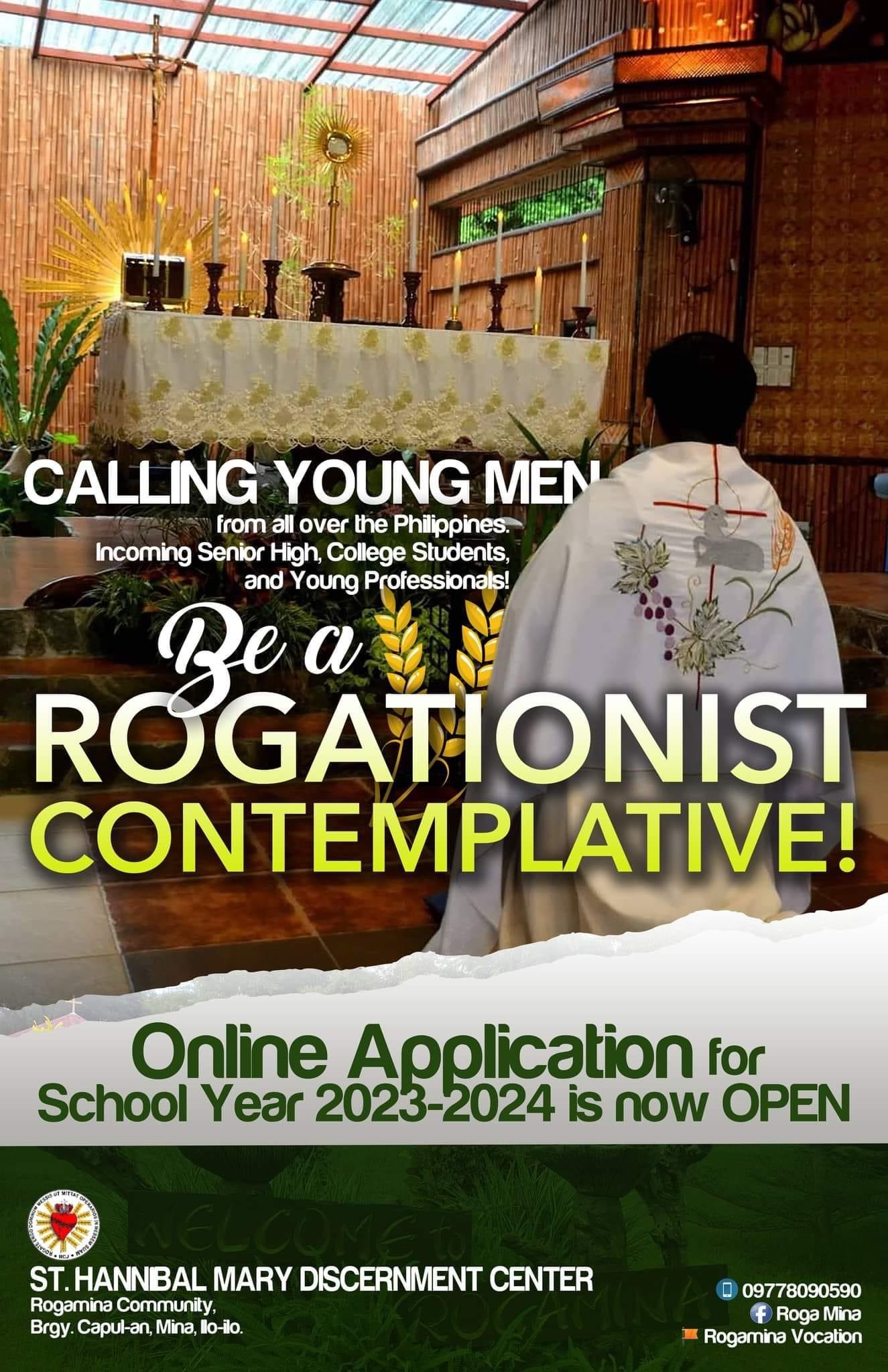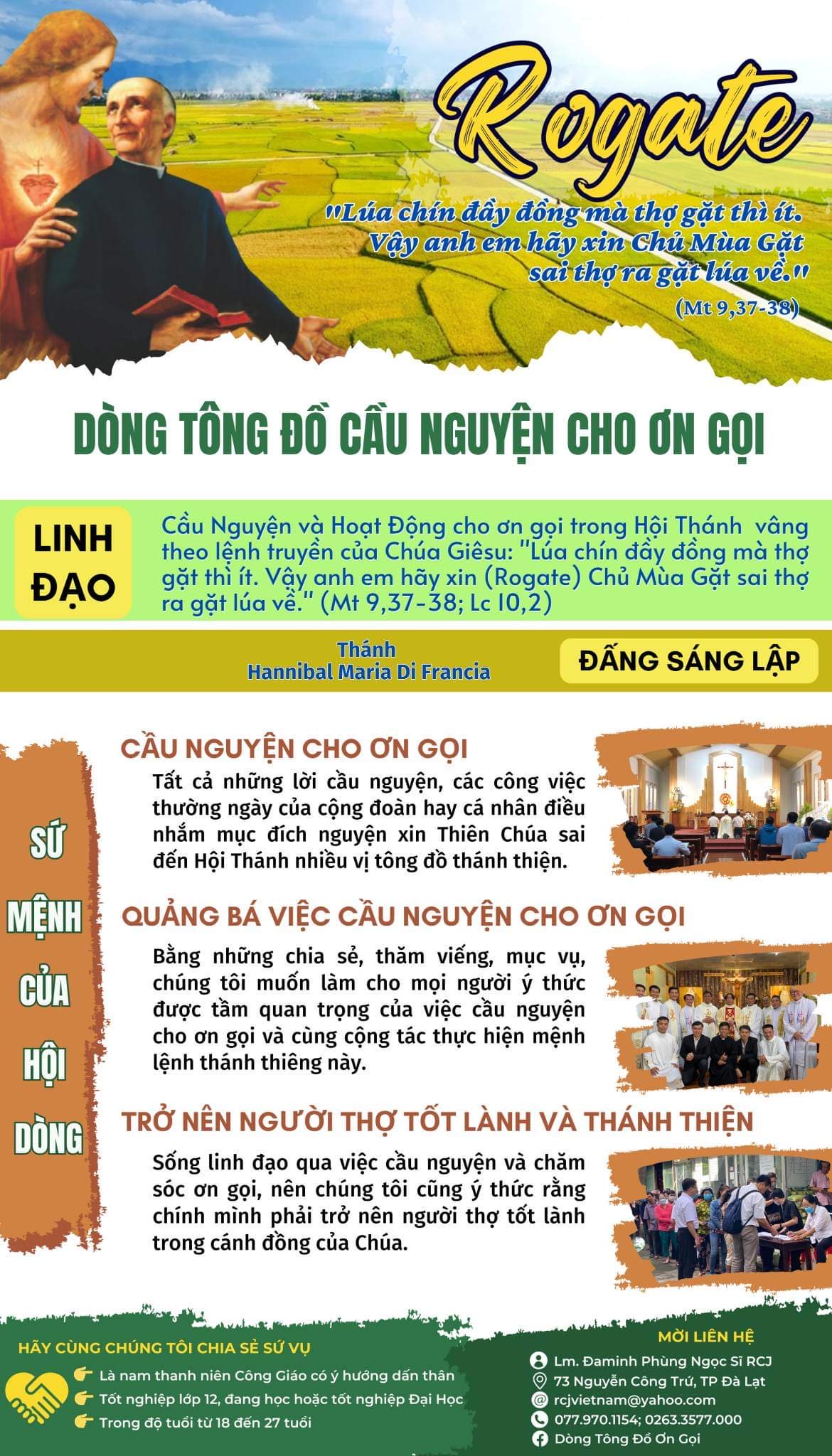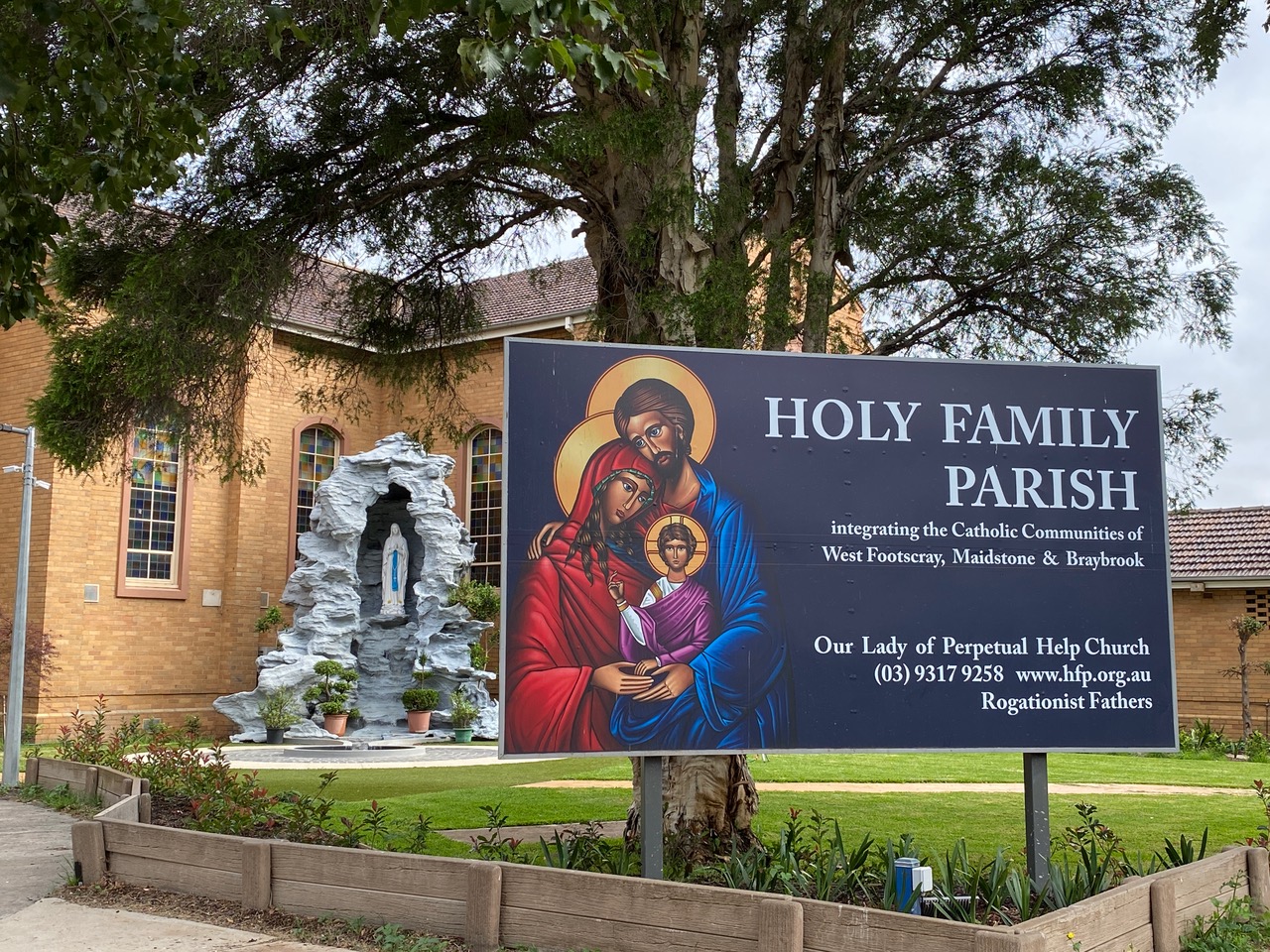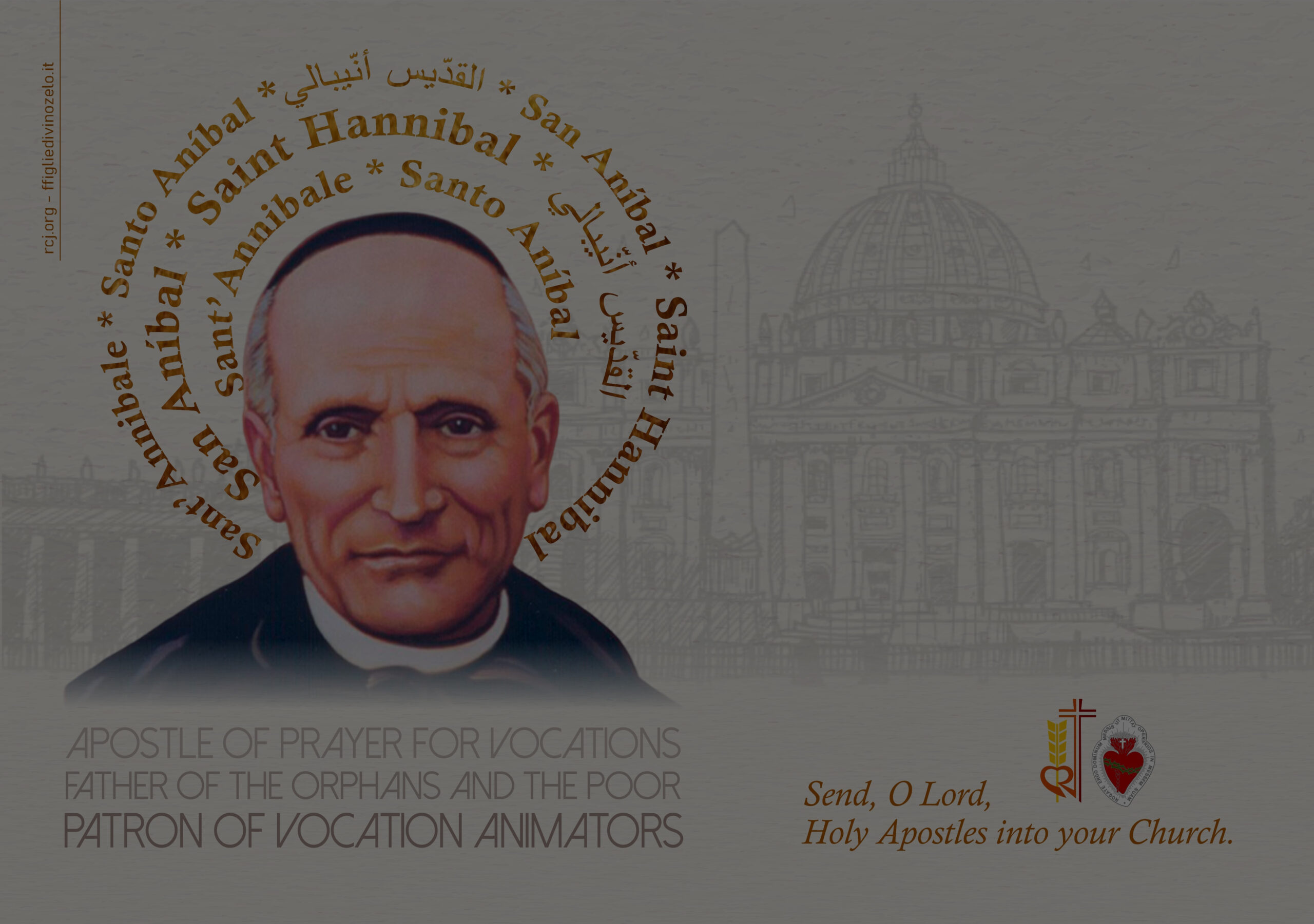
St. Hannibal Mary di Francia
Get to know St. Hannibal Mary di Francia, the Apostle of Prayer for Vocations, Father of the Orphans and the Poor, the founder of the Rogationists of the Heart of Jesus and Daughters of Divine Zeal.
Glimpse of the life and works of St. Hannibal Mary di Francia
The memory was undoubtedly vivid as it was equally intense. The place was the Church of St. John of Malta in Messina, well-known for the patronage of St. Placid, the martyr. The year was 1868.
At that time, the archconfraternity, dedicated to the saint, organized an adoration before the Blessed Sacrament. It formed part of the “circular” forty-hour Eucharistic adoration, which took place in Messina, Italy. As was the practice during the 19th century, it occurred two to three days after the feast of the titular of the various churches in the city, entrusted to Confraternities or the Third Orders, and also that of the Parishes.
It was exactly in this circumstance, before Jesus in the Most Blessed Sacrament, sometime after October 5, 1868, that a young person “was immersed in the predominant thought of increasing elect priests, holy and apostolic men according to the Heart of Jesus by winning them from God through an insistent prayer. He felt that such prayer is the means to work a greater good in the Holy Church, to save many souls, and to expand the kingdom of God here on earth as it happened in the times of St. Dominic, St. Francis, St. Ignatius, St. Alphonsus, and many others” (from the Writings of St. Hannibal).
At that time, the archconfraternity, dedicated to the saint, organized an adoration before the Blessed Sacrament. It formed part of the “circular” forty-hour Eucharistic adoration, which took place in Messina, Italy. As was the practice during the 19th century, it occurred two to three days after the feast of the titular of the various churches in the city, entrusted to Confraternities or the Third Orders, and also that of the Parishes.
It was exactly in this circumstance, before Jesus in the Most Blessed Sacrament, sometime after October 5, 1868, that a young person “was immersed in the predominant thought of increasing elect priests, holy and apostolic men according to the Heart of Jesus by winning them from God through an insistent prayer. He felt that such prayer is the means to work a greater good in the Holy Church, to save many souls, and to expand the kingdom of God here on earth as it happened in the times of St. Dominic, St. Francis, St. Ignatius, St. Alphonsus, and many others” (from the Writings of St. Hannibal).
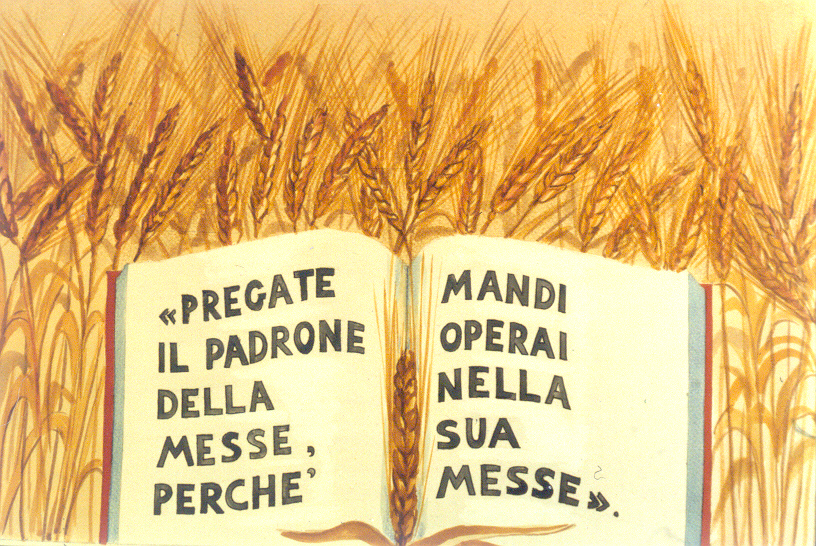
He was only seventeen when given the revelation of this prayer. Later on, he found that such prayer is commanded by Jesus in the Gospel when He says: “Ask [Rogate] the Lord of the harvest to send out laborers to gather his harvest” (Mt 9:38; Lk 10:2). These words became the fundamental insight to which he dedicated his entire life.
The name of that young lad was Hannibal Mary Di Francia. He was born in Messina, Italy, on July 5, 1851. His father Francis was a knight, the Marquises of St. Catherine of Jonio, Papal Vice-Consul and Honorary Captain of the Navy. His mother, Anna Toscano, also belonged to an aristocratic family. The third of four children, he lost his father when he was only fifteen months old.
The name of that young lad was Hannibal Mary Di Francia. He was born in Messina, Italy, on July 5, 1851. His father Francis was a knight, the Marquises of St. Catherine of Jonio, Papal Vice-Consul and Honorary Captain of the Navy. His mother, Anna Toscano, also belonged to an aristocratic family. The third of four children, he lost his father when he was only fifteen months old.

In childhood he developed such love for the Eucharist. He, subsequently, was allowed to receive Holy Communion daily, an exceptional feat in those days. He proved to be of lively intelligence with remarkable literary abilities. As soon as he felt the call of God, he immediately responded by placing himself and his talents at the service of God.
After his theological studies, he was ordained a priest on March 16, 1878. A few months before his ordination, he met an almost blind beggar, Francesco Zancone. It was a providential encounter, which led him to discover the sad social and moral reality of one of the poorest neighborhoods in the outskirts of Messina, the Case Avignone. This proved to be the start of a long journey, which was characterized by his boundless love for the poor and the orphans . He made the said ghetto his home and dedicated himself completely to the redemption of its inhabitants. He saw them as “sheep without a shepherd”.
After his theological studies, he was ordained a priest on March 16, 1878. A few months before his ordination, he met an almost blind beggar, Francesco Zancone. It was a providential encounter, which led him to discover the sad social and moral reality of one of the poorest neighborhoods in the outskirts of Messina, the Case Avignone. This proved to be the start of a long journey, which was characterized by his boundless love for the poor and the orphans . He made the said ghetto his home and dedicated himself completely to the redemption of its inhabitants. He saw them as “sheep without a shepherd”.
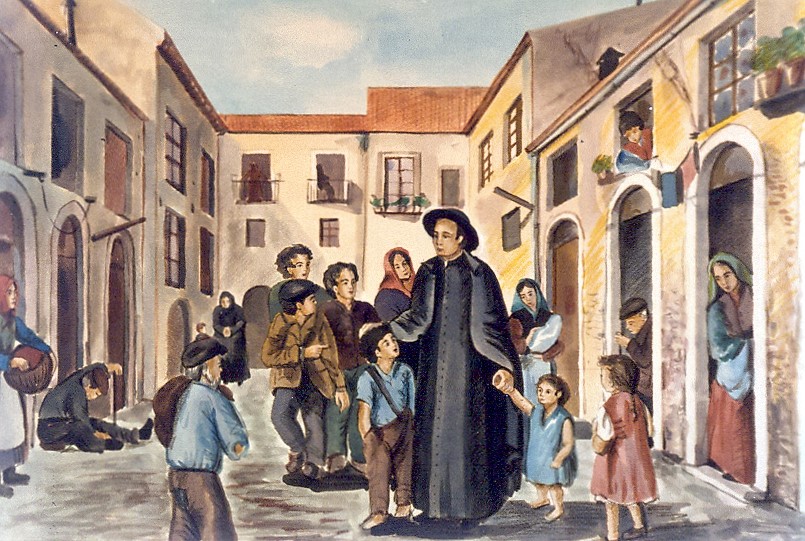
In 1882 he started his orphanages, which were called “Anthonian Orphanages” because they were placed under the patronage of St. Anthony of Padua. While providing the children with food and occupation, he brought them up in a way that integrated the moral and religious dimensions of their lives, helping them to discover and follow God’s plan.
He wrote: “What are these few orphans we attend to, these few people we bring the good news to, compared to the millions who are lost and abandoned as sheep without a shepherd? I looked for an answer and I found a complete one in the words of Jesus: ‘Ask (Rogate) the Lord of the harvest to send out laborers to gather his harvest’. I concluded then that I had found the secret key to all good works and to the salvation of all souls”.
He wrote: “What are these few orphans we attend to, these few people we bring the good news to, compared to the millions who are lost and abandoned as sheep without a shepherd? I looked for an answer and I found a complete one in the words of Jesus: ‘Ask (Rogate) the Lord of the harvest to send out laborers to gather his harvest’. I concluded then that I had found the secret key to all good works and to the salvation of all souls”.
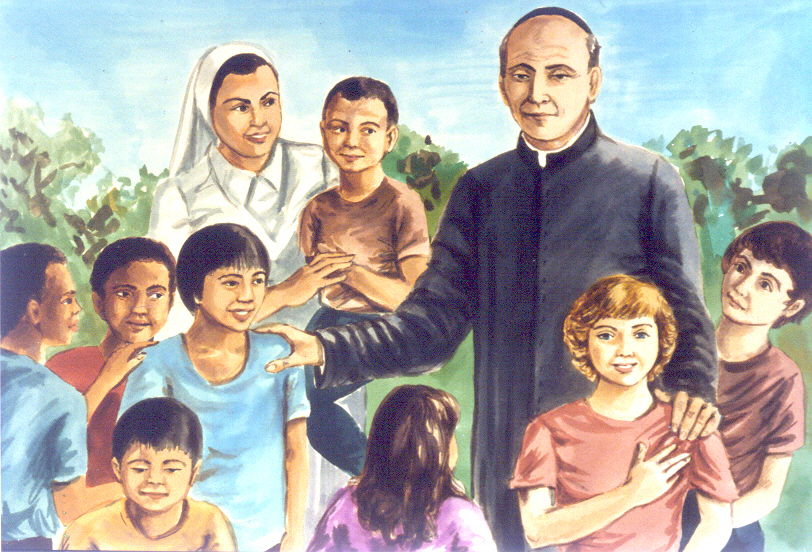
For him, the Rogate was an explicit command and an infallible remedy. To carry out his apostolic ideals in the Church and in the world, he founded two religious Congregations: the Daughters of Divine Zeal (FDZ), in 1887, and the Rogationists (RCJ) ten years later. He wanted both institutions to live the Rogate as a fourth vow. The institutions were canonically approved on August 6, 1926.
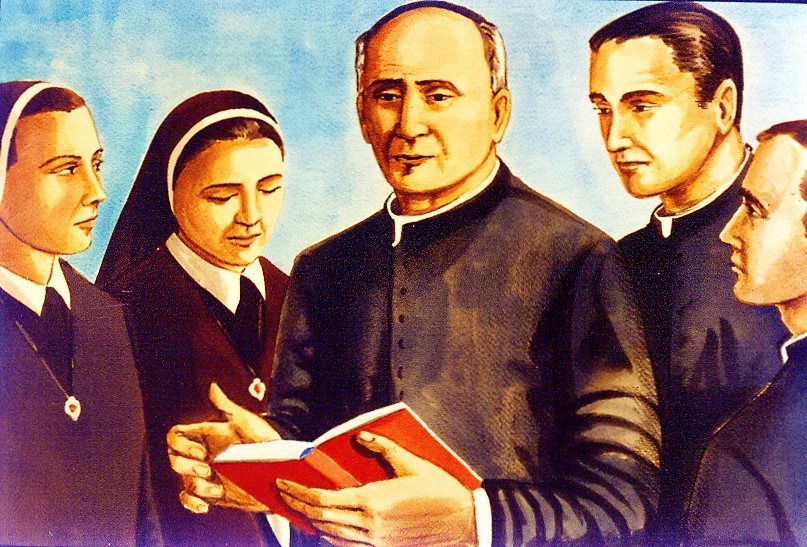
To spread the prayer for vocations, he promoted several initiatives: the “Holy Alliance”, a movement of prayer for vocations intended for the clergy (now known as Priestly Union of Prayer for Vocations), and the “Pious Union of the Evangelical Rogation” for all the faithful (now known as the Union of Prayer for Vocations). The annual World Day of Prayer for Vocations that falls on every 4th Sunday of Easter, instituted by Pope St. Paul VI in 1964, may be considered a response to his intuition.
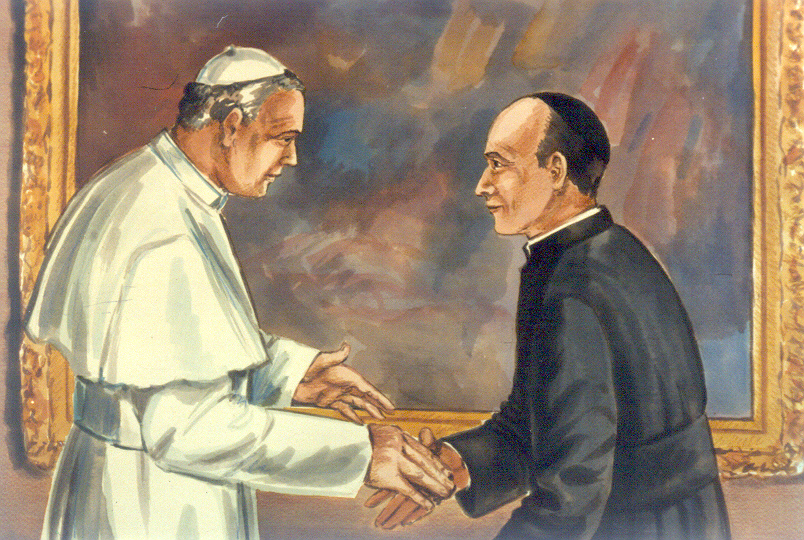
Hannibal Mary Di Francia died on June 1, 1927, at the age of 76. His sanctity and mission as an “outstanding apostle of the prayer for vocations” are deeply felt in our time by all who are concerned with the need for vocations in the Church. Pope St. John Paul II beatified him on October 7, 1990 and called him as the “authentic forerunner and zealous master of the modern pastoral care for vocations”. On May 16, 2004, the same pope proclaimed him a saint. The feast of St. Hannibal Mary Di Francia is celebrated every June 1.
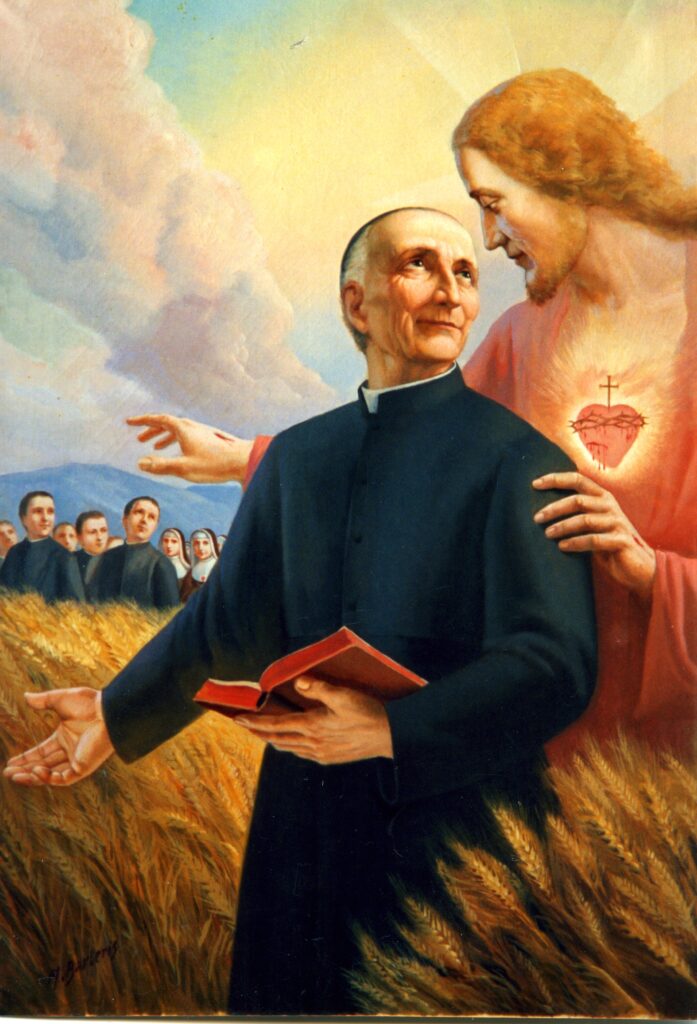
Be One of Us!
ROGATIONISTS OF THE HEART OF JESUS
We would like to hear from you...
We would like to hear from you...
ROGATIONISTS OF THE HEART OF JESUS
St. Matthew PROVINCE
(Philippines, Australia, Indonesia, Papua New Guinea, South Korea, Vietnam)
‘Send O Lord, Holy Apostles into Your Church!




